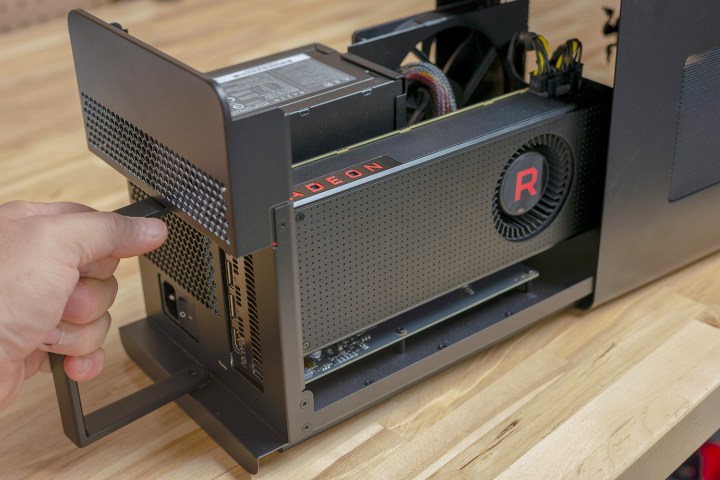Real-time ray tracing became a coveted feature for gamers when Nvidia showcased the technology on its RTX cards, Now, mobile gamers may soon be able to experience increased realism of games on their handsets thanks to new Vulkan extensions released by the Khronos Group. Even though ray tracing works in a similar way on Vulkan as on DirectX Raytracing with DirectX 12 for desktops and consoles, the new extension allows some of the heavy lifting to be offloaded to the CPU to better utilize PC resources.
“Although ray tracing will be first deployed on desktop systems, these Vulkan extensions have been designed to enable and encourage ray tracing to also be deployed on mobile,” the Khronos Group said regarding future support for handsets. A specific timeline was not given.
The group called this the “industry’s first open, cross-vendor, cross-platform standard for ray tracing acceleration.” It can be deployed either using existing GPU compute or dedicated ray tracing cores.

The Khronos Group released initial versions of the extensions earlier this year in March. The extensions had been updated with industry and user feedback, the group said, and the final SDK will be released in mid-December. Vulkan will begin adding in support for shader toolchains and validation layers with ray tracing support in the coming days and weeks.

The final release of the Vulkan extensions will hopefully result in more games and titles that support ray tracing. In the past, developers who wanted to support ray tracing in their titles had to either rely on DirectX 12 or an unofficially forked version of Vulkan. With the official version of the Vulkan extension and SDKs soon to be made available, developers will have access to a more stable platform to build in ray tracing.

If you’re a developer, you can now download the Vulkan Ray Tracing beta drivers for both Nvidia and AMD graphics cards. The Khronos Group also has a Github page where you can follow the progress of the drivers and keep updated with the development of Vulkan. Khronos also has a blog detailing the changes for developers.



